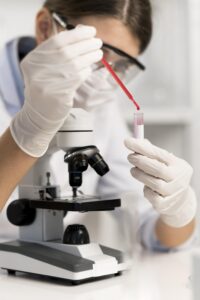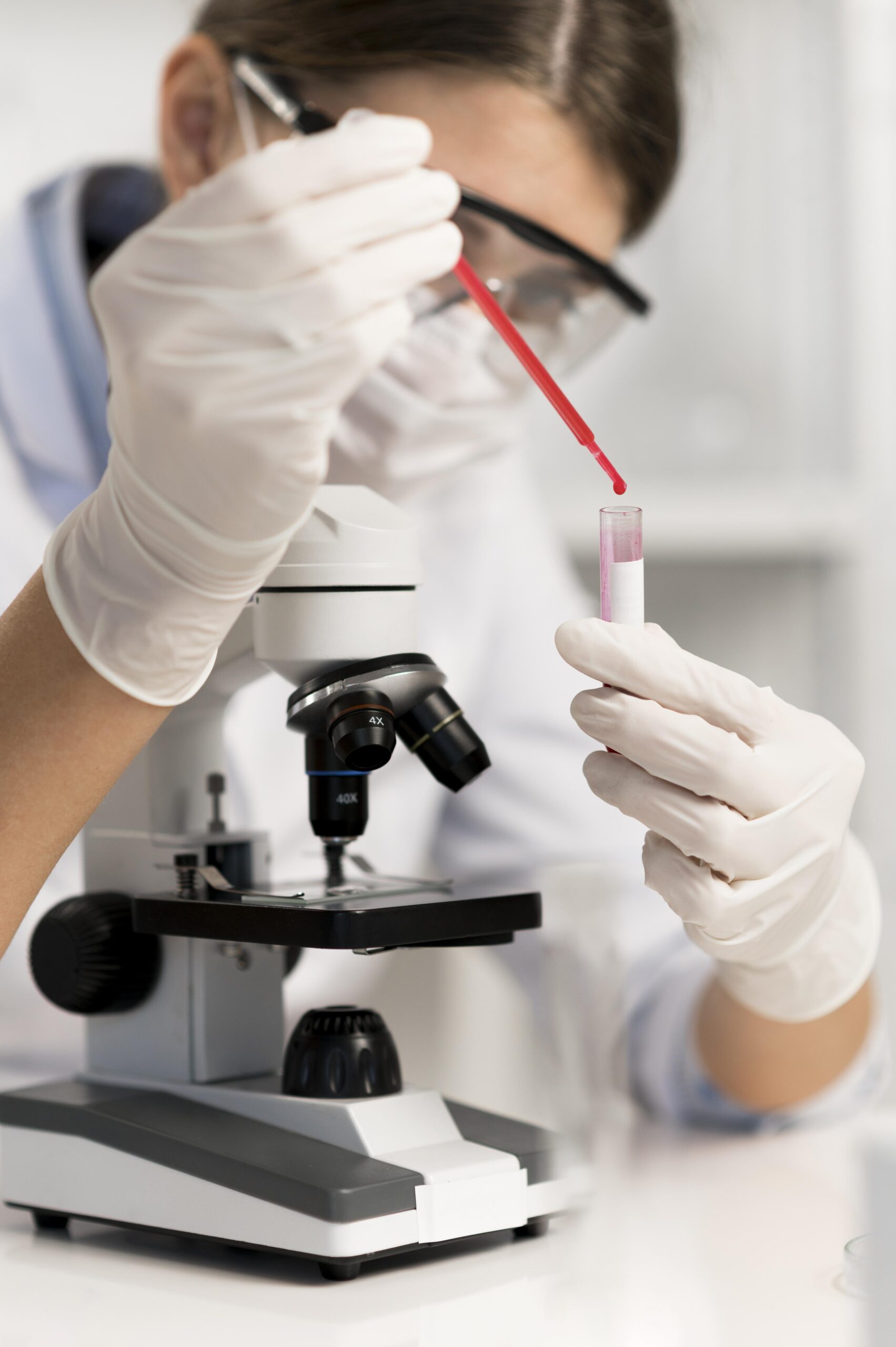Pathology and Laboratory section contains codes for the numerous medical tests specialist perform to determine the cause of a patient’s condition. This may include blood tests, drug tests, urinalysis, hematology, and a variety of other assessments.
Pathology and laboratory CPT codes describe services to evaluate specimens (e.g., blood, body fluid, tissue) obtained from patients in order to provide information to the treating physician.
Pathology and Laboratory Procedures range 80047- 89398
Gross examination of a specimen is an integral component of pathology consultation during surgery (CPT codes 88329-88334) and surgical pathology gross and microscopic examination (CPT codes 88302-88309).

CPT Range |
Description |
| 80047 – 80076 | Organ or Disease-oriented Panels |
| 80100 – 80104 | Drug Testing |
| 80150 – 80299 | Therapeutic Drug Assays |
| 80400 – 80440 | Evocative/ Suppression testing |
| 80500 – 80502 | Consultations (Clinical Pathology) |
| 81000 – 81099 | Urinalysis |
| 81200 – 81479 | Molecular Pathology |
| 81500 – 81599 | Multianalyte Assays with Algorithmic Analyses |
| 82000 – 84999 | Chemistry |
| 85002 – 85999 | Hematology and Coagulation |
| 86000 – 86849 | Immunology |
| 86850 – 86999 | Transfusion Medicine |
| 87001 – 87999 | Microbiology |
| 88000 – 88099 | Anatomic Pathology |
| 88104 – 88199 | Cytopathology |
| 88230 – 88299 | Cytogenic Studies |
| 88300 – 88399 | Surgical Pathology |
| 88720 – 88749 | In Vivo Laboratory Procedures |
| 89049 – 89240 | Other Procedures |
| 89250 – 89398 | Reproductive Medicine Procedures |
There are two types of general tests in Path and Lab: Qualitative and Quantitative.
Quantitative tests how much of a certain thing is in the body (say, calcium or alcohol)
Qualitative tests for the presence of a substance, period.
Path and Lab codes are measured by the number of tests performed, and not the results of the test.
Molecular pathology procedures test genes, antigens, and a number of other biological functions to assess the possibility, or confirm the diagnosis of, a condition.
Chemistry subsection – In this subsection, there are tests for specific chemical compounds, which can tell the pathologist or physician about the patient’s condition.
Microbiological Tests – These tests determine the presence of organisms like giardia, rubeola, hepatitis, and HIV.

